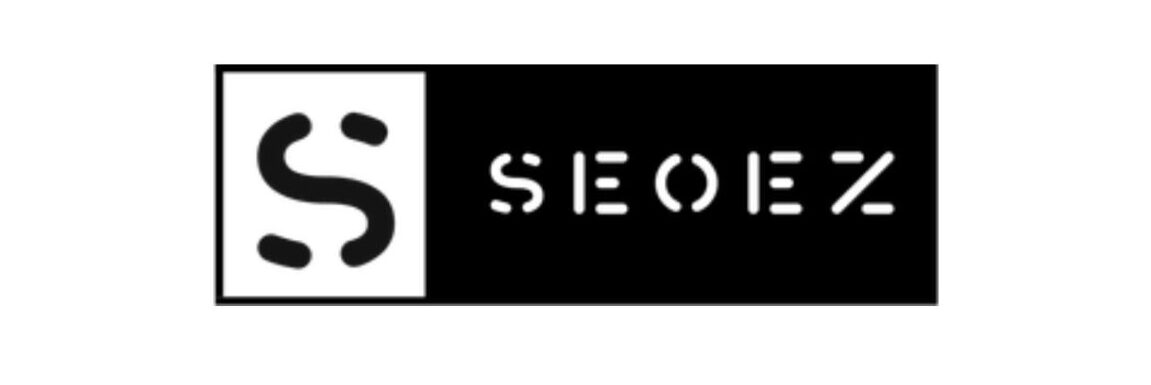NEW YORK (AP) — Another slide for a Wall Street heavyweight Nvidia kept US indexes mixed on Monday, even as most stocks rose.
The S&P 500 fell 0.3% to retreat further from the record set last week. The decline for Nvidia and other winners of Wall Street’s artificial intelligence boom dragged the Nasdaq composite down 1.1%, while the Dow Jones Industrial Average rose 260 points, or 0.7%.
Oil and gas stocks were among the market’s strongest, as seven out of every 10 stocks in the S&P 500 advanced. Exxon Mobil rose 3% and oilfield services provider SLB gained 4% as oil prices hung near their highest levels since April.
Financial companies were also strong. JPMorgan Chase added 1.3% and Wells Fargo rose 1.6% ahead of results due later in the week on tests from the Federal Reserve on how big banks would fare in a recession.
But declines for a handful of high-profile stocks offset all those gains, and the spotlight shone brightest on Nvidia’s 6.7% decline. It was the third straight decline for the chip company, which was 1,000% higher since fall 2022.
Almost insatiable demand for Nvidia chips applications of the power of artificial intelligence have been a big reason for the performance of the US stock market at a record recently, although the growth of the economy slows down under weight of high interest rates. But the artificial intelligence boom has been so frenetic that it has raised concerns of a potential stock market bubble and sky-high expectations among investors.
Markets are heading for records again. Here’s more from AP business correspondent Seth Sutel.
Shares of Nvidia have tumbled since it narrowly overtook Microsoft as Wall Street’s most valuable last week, falling nearly 13% in just three days. Because Nvidia has become so massive in size, the moves for its stock carry extra weight in the S&P 500 and other indices. It was the heaviest weight by far on the S&P 500 on Monday.
Other AI beneficiaries also gave up some of their cool benefits. Super Micro Computer fell 8.6% to cut its year-to-date profit below 200%, falling to 190.9%.
Such rotation between stocks can actually be a healthy sign for the market, as long as it can stick to its highs. Market watchers have been concerned to see just Nvidia and a handful of other companies responsible for most of the S&P 500’s returns of late. They would prefer a market where many stocks are participating in the gains.
RXO jumped 23% behind it agreed to acquire Coyote Logistics freight brokerage business from UPS for nearly $1.03 billion. RXO said the deal will make it the third-largest brokered transportation provider in North America. UPS, which bought Coyote in 2015 for $1.8 billion, rose 1.5%.
Under Armor swung from an early loss to a 2% gain after it said it agreed to pay $434 million to settle charges raised by shareholders related to its accounting and sales practices. The athletic footwear and apparel company denied any wrongdoing in the deal, but also agreed to split the roles of chairman and CEO for at least three years.
Still, the S&P 500 fell 16.75 points to 5,447.87. The Dow rose 260.88 to 38,411.21, and the Nasdaq composite fell 192.54 to 17,496.82.
In the bond market, Treasury yields eased slightly. The 10-year Treasury yield fell to 4.23% from 4.26% late Friday.
It has been mostly down since reaching 4.70% in late April, which has eased pressure on the stock market. Yields have dipped on hopes that inflation is slowing enough to convince the Federal Reserve cut its prime interest rate later this year.
The Fed has kept the federal funds rate at its highest level in more than 20 years, hoping to shrink the economy enough to reach inflation Under control.
Fed officials may be underestimating how much the US economy is slowing, according to economists at UBS led by Abigail Watt. They see growth slowing below a 2% annual rate in the first half of 2024, from 3.1% growth in the fourth quarter of 2023 from a year earlier.
UBS economists say American households in the nation’s bottom 40% for income are burning through their savings after depleting the cushions they built up during the pandemic. This can further slow retail saleswhich have been up and down as companies highlight how lower income clients often struggle to continue.
Wall Street is actually hoping for a slowdown in the economy, which will take upward pressure from inflation and prompt the Federal Reserve to cut rates. Goldman Sachs economist David Mericle said a rate cut could happen as early as September if inflation reports like the one due on Friday come out as expected.
The Fed just needs to make sure it cuts interest rates at the right time. If you wait too long, the economic slowdown can turn into a recession. If it is too early, inflation may re-accelerate.
In stock markets abroad, indices rose across much of Europe after falling mainly in Asia.
___
AP writers Matt Ott and Zimo Zhong contributed.
